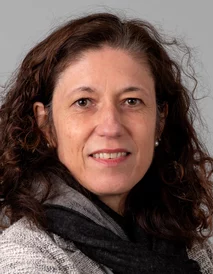The Meaning of Religion in the Refugee Convention According to Omoruyi v Secretary of State for the Home Department [2000] ECWA Civ 258
by Katia Bianchini
Question(s) at stake
Whether the acts of the persecutor were connected to the appellant’s religion, in a way consistent with the grounds for persecution recognised under the Refugee Convention, and what is the meaning of the word “religion” under the Refugee Convention?
Outcome of the ruling
The court refused the appellant’s asylum claim because it ruled that he was not facing a form of persecution associated with one of the reasons (in this case, religious belief) valid under the Refugee Convention –: that is, the threat to the appellant was not related to the his religious beliefs but to the fact that he would be forced to comply with certain demands made by a secret cult associated with idol worship.
Country:
United Kingdom
Official citation
Omoruyi v Secretary of State for the Home Department [2000] ECWA Civ 258
Topic(s)
Keywords:
Asylum and statelessness
Grounds/Reasons of persecution
Refugee status
Religion or belief
Tag(s):
Witchcraft
Bibliographic information
Bianchini, Katia (2024):
The Meaning of Religion in the Refugee Convention According to Omoruyi v Secretary of State for the Home Department [2000] ECWA Civ 258,
Department of Law and Anthropology, Max Planck Institute for Social Anthropology, Halle (Saale), Germany,
CUREDI013UK009,
https://doi.org/10.48509/CUREDI013UK009.
About the authors
Katia Bianchini (Max Planck Institute for Social Anthropology, Department Law and Anthropology, Germany)


Katia Bianchini is a Research Fellow of the Law and Anthropology Department of the Max Planck Institute for Social Anthropology in Halle. She holds a law degree from the University of Pavia (Italy), an LL.M. in Comparative Laws from the University of San Diego (California, USA), and a Ph.D. in Law from the University of York (UK). Her doctoral thesis provided an empirical and legal analysis of how the 1954 UN Convention relating to the Status of Stateless Persons is implemented in ten EU states. She has also worked as a Post-Doctoral Researcher at the Max Planck Institute for the Study of Religious and Ethnic Diversity (Göttingen). Before engaging in research, she practised immigration and refugee law for ten years in the UK and the USA.
Bianchini has published in the field of refugee law, statelessness, and the rule of law in the context of sea migration. Her current research builds on her expertise in human rights and Italian law and looks at the treatment of deceased sea migrants in the South of Italy.
